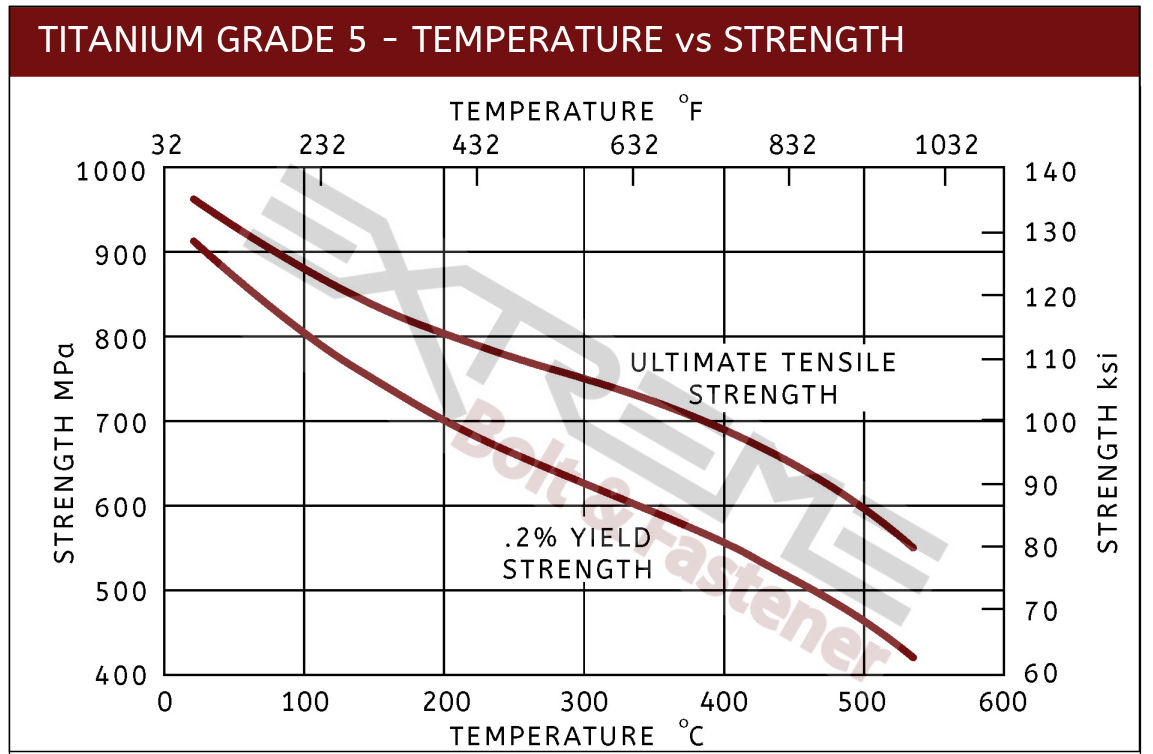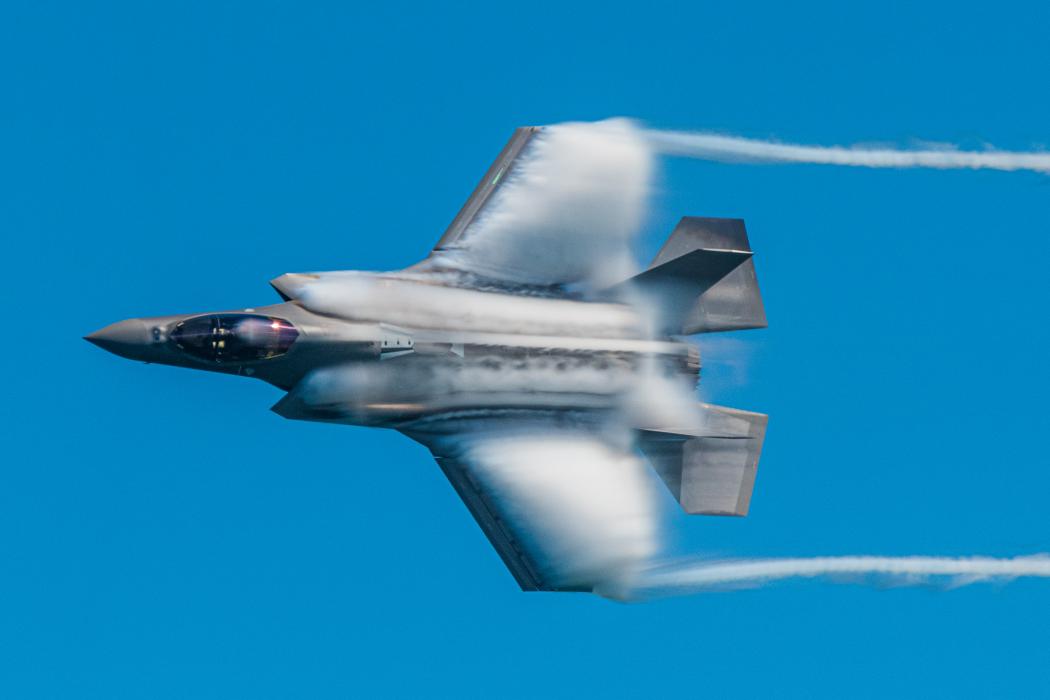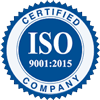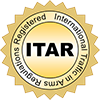Titanium 12 Point Screws
Unique for its strength, lightness of weight and corrosion resistance
- Lightweight and high strength
- Corrosion resistant to chlorides, sea water & chlorine
- Excellent mechanical properties
- Titanium grades, chemistry & specifications
- Titanium 12 point screw features and benefits
- Temperature vs strength data
- In-depth information on Grade 2 and Grade 5
Titanium 12 point screws are best known for being strong, lightweight and corrosion resistant. One property that stands out when compared to other metal screws is that titanium screws have the highest strength-to-weight ratio with a density of 4.51 g /cm3. As an example, titanium grade 5 is 4 times stronger than 316 stainless steel at nearly half the weight. This makes titanium 12 point screws ideal for applications that require both lightness of weight and excellent strength such as oil & gas (down-hole), military and sporting goods.
Titanium screws are also unique among metals in the chemical processing industry for handling chlorine (wet) and chlorine compounds in aqueous solutions. Titanium 12 point screws are fully resistant to solutions of chlorides, hypochlorites, chlorates, perchlorates and chlorine dioxide. As a result titanium screws are often using within the chlorine related industries such as pulp and paper and chlor-alkali / bleach.
The most common grades of Titanium 12 point screws are Grade 2 and Grade 5. Gain more insight on these by accessing our Grade 2 and Grade 5 overviews or by contacting our engineering experts.
Resources: Titanium Torque Specs
Screw Types: 12 Point Screws, Button Head Cap Screws, Flat Head Screws, Hex Head Cap Screws, Pan Head Screws, Set Screws, Socket Head Cap Screws, Tamper Resistant Security Screws, Torx Screws, Vented Screws
Titanium 12-Point Screw Features & Benefits
The driver of a titanium 12-point screw uses two overlapped hexagon shapes, creating 12-points and a flanged underside. These are also referred to as ferry cap screws or 12 point flange screws. The advantages of this head style include:
- Higher torque capability compared to a socket head cap screw
- Lack of recess to trap fluid or debris.
- As the heads are generally smaller than a hex, titanium 12-point screws are often used situations where installation space is tight and saving weight is critical.
The overall disadvantage is the extra cost involved in forming the heads.
The Controversy of 6 vs. 12 point Bolts
There is much debate over which bolt is better. Some say that the more points a nut or bolt has – such as a 12-point bolt - the less chance you have to round it off. And that the additional contact points of a 12 point screw give you more surface to apply load. While the jury is out as to the accuracy of this, it’s the application that should dictate whether the benefits of a 12 point screw out weight the additional costs of making them.
Titanium Grades, Chemistry & Specifications
Titanium Grade 2 (Commercially Pure)
Unalloyed titanium; Commercially pure titanium is the most common grade of titanium utilized throughout industry due to its ease of availability and good properties.
Titanium Grade 2 Specifications: UNS R50400, ASTM B 348, AMS 4921, ASTM F 67, ISO 5832-2, Werkstoff 3.7035

Titanium Grade 5 (Ti 6Al-4V)
Known as the “workhorse” of the titanium alloys, Ti 6Al-4V, or Grade 5 titanium, is 2x stronger than titanium grade 2. This alloy offers high strength and light weight, useful formability and high corrosion resistance. Ti 6AI-4V finds many uses in the aerospace, medical, marine and chemical processing industries.
Titanium Grade 5 Specifications: ASTM - B265, B348, B381, B861, F467 and F468, AMS - 4911, 4928, 4935, 4965 and 4967, MIL-T - 9046 and - 9047, Werkstoff 3.7165

Titanium Grade 7
Grade 7 is the most corrosion resistant of all titanium alloys and is typically used in chemical processes and production equipment components. Similar to Grade 2, but with the addition of 0.12 to 0.25% palladium, Grade 23 has enhanced corrosion resistance to reducing acids and localized attack in hot halides.
Titanium Grade 7 Specifications: ASTM - B265, B337, B338, B348, B363, B381, B861 and B862, Werkstoff 3.7235

Titanium Grade 23 (TI 6AL-4V ELI)
Titanium grade 23 or TI 6AL-4V ELI is an Extra Low Intersticial grade. This grade is similar to Grade 5, but because of the low intersticials, its mechanical properties are enhanced. This ELI grade is often found in more demanding medical device applications as well as industrial applications.
Titanium Grade 23 Specifications:
ASTM - B265, B348, B363, B381, B861, B862 andF136, AMS - 4907, 4930 and 4956

Other titanium grades are also available upon request.
Mechanical Properties
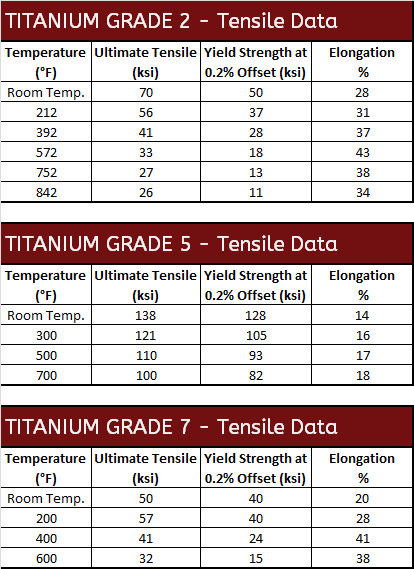
Titanium's Resistance to Chlorine
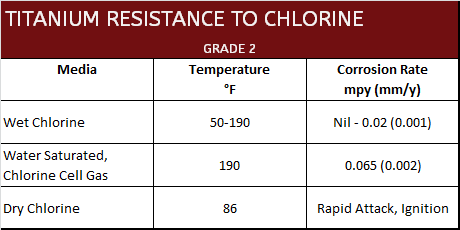
Corrosion Data
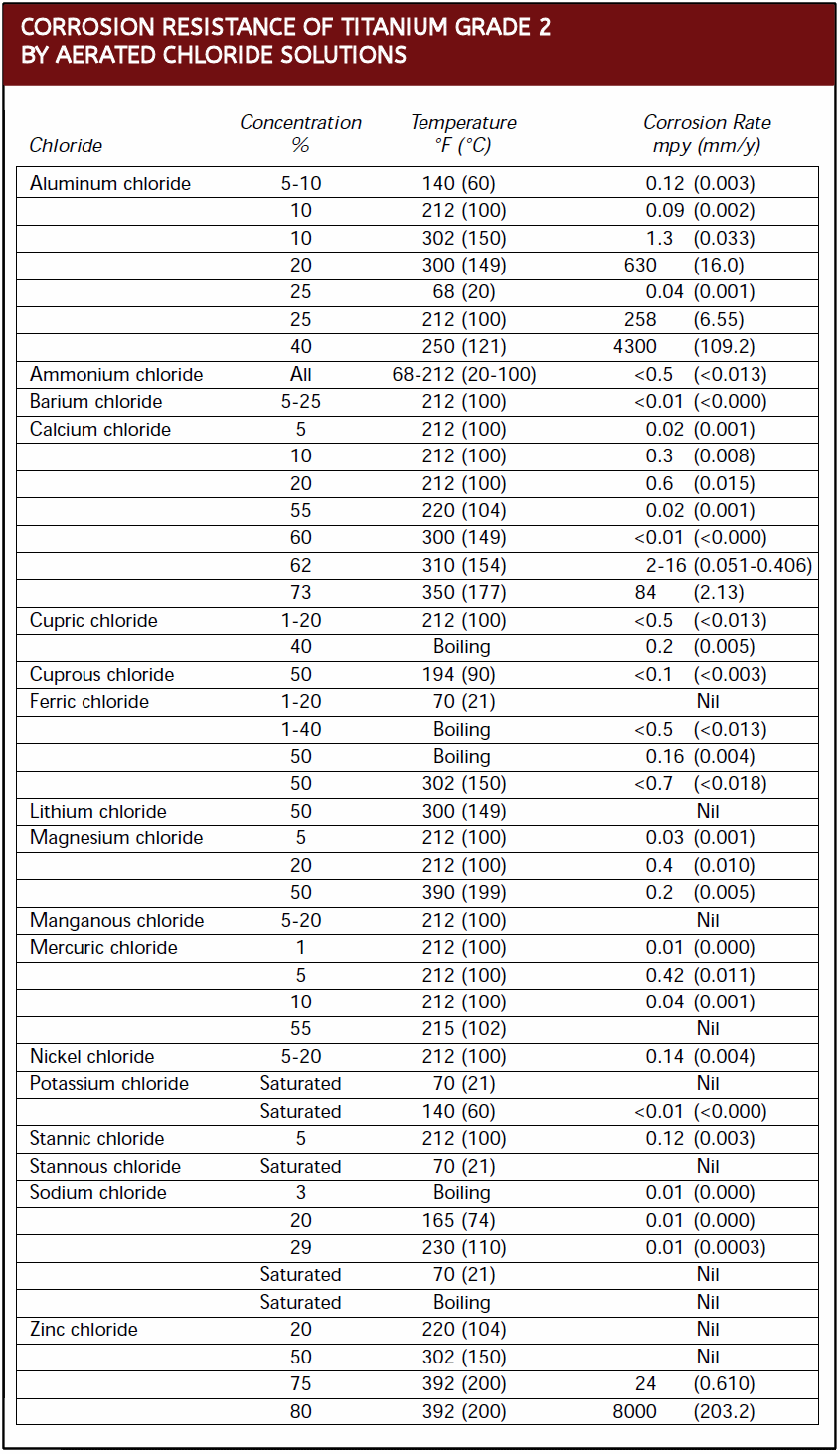
Titanium Grade 5 Temperature vs Strength
